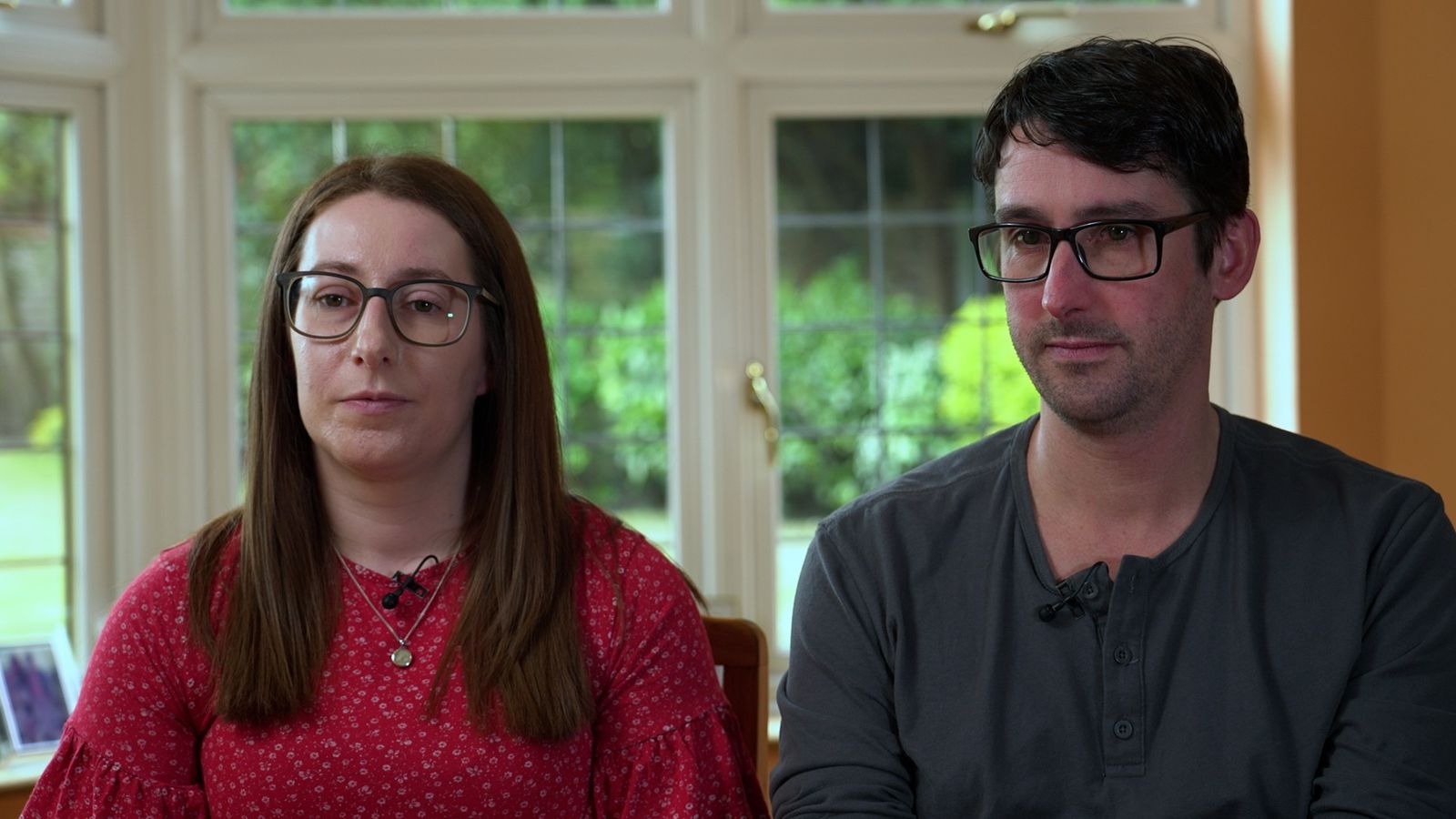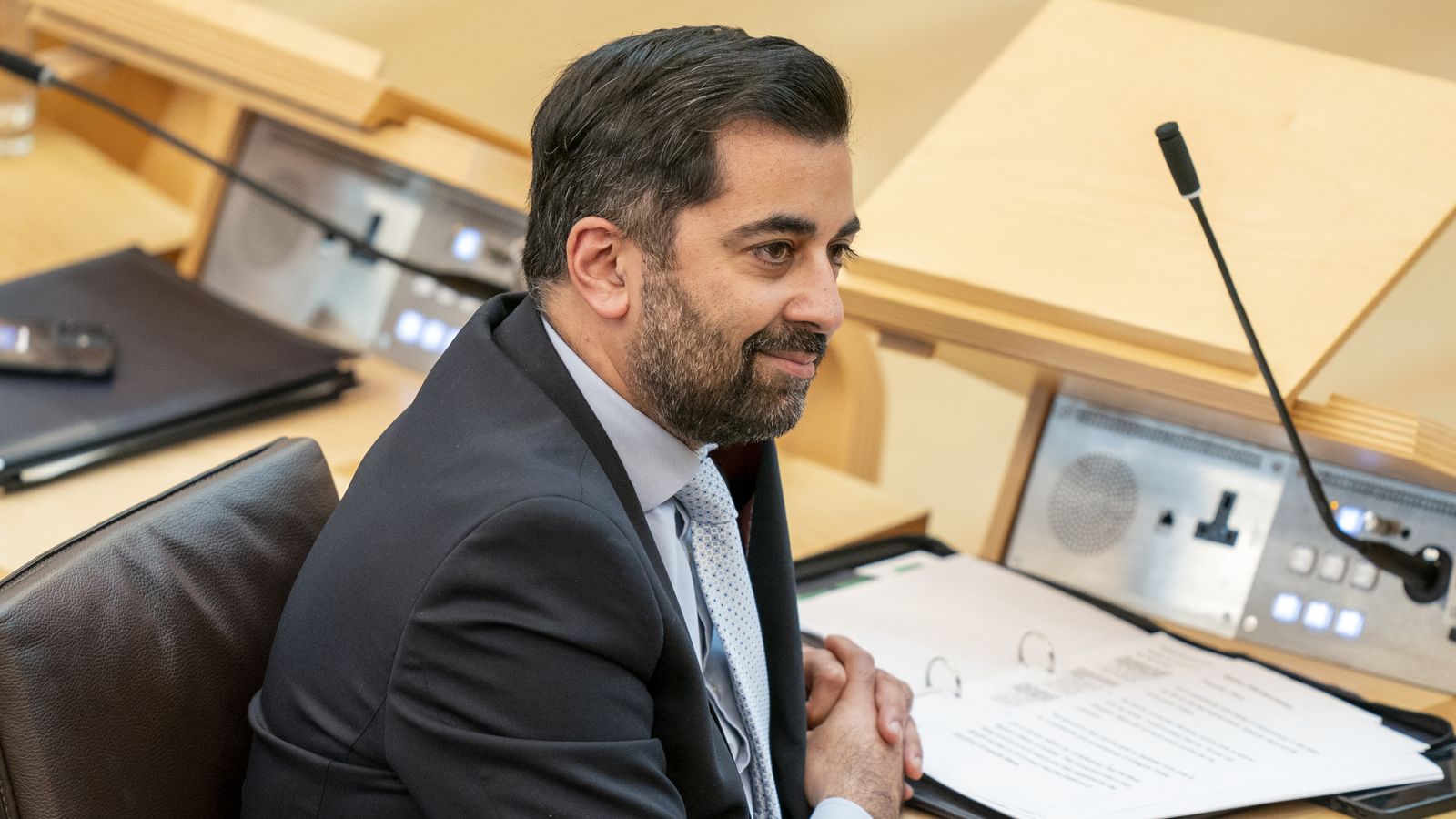A cure for motor neurone disease (MND) could be “possible”, according to an expert, as a charity launched by a rugby legend unveils its five-year research strategy to give hope to those diagnosed with the condition.
The My Name’5 Doddie Foundation (MNDF), first set up in 2017 by the late Scottish rugby player Doddie Weir, will invest millions of pounds into research for treatments.
Mr Weir died in November 2022, following a six-year-long battle with MND.
The charity’s aim will be to effectively deliver treatments to slow the progress of MND, while also working towards the goal of finding a complete cure.
And Professor Ammar Al-Chalabi, director of the MND Research Centre at King’s College London, said finding a cure is now a real possibility.
He said: “When I started MND research almost 30 years ago it seemed ridiculous that an effective treatment might be possible.
“Now a cure is a possibility, although a treatment that dramatically slows MND is more likely. Both are still somewhat in the future.”
The money provided by charities is vital to driving research into treatments and an eventual cure, the professor added.
He said: “Research is expensive, however, and My Name’5 Doddie Foundation and other MND charities are crucial in funding it.
“They drive the cutting-edge stuff that pushes the field forward as well as the important ‘slogging away at it’ work that is essential to keep everything going.
“We are only where we are because of MND charities and the people who fundraise so effectively.”
Effective treatments ‘aren’t too far away’
Doddie Weir was inspired to set up a charity because a diagnosis of MND seemed to be without hope.
MNDF’s new five-year strategy, known as the Catalysis a Cure strategy, aims to drive forward research over the next five years with a commitment by 2028 to have invested in developing new treatments and improving early diagnosis.
It will also improve biomarkers which indicate whether treatments are working or not.
The organisation has committed around £8.5m to research and was also one of several UK organisations to successfully campaign for a UK government commitment of £50m for MND research.
Jessica Lee, director of research at MNDF, said: “We believe that effective treatments to slow or stop disease progression aren’t too far away.
“By working closely with our remarkable research community and supporting the adoption of new approaches and ways of thinking, we will accelerate the journey towards making these treatments a reality.”
Sports broadcaster and chief executive of the charity, Jill Douglas, added: “Doddie’s greatest frustration when he was diagnosed with MND in 2016 was the lack of hope for people faced with such devastating news.
“He wanted the Foundation to relentlessly work towards a world where that is not the case, and we are beginning to see real progress.
“There is huge momentum in MND research, and backed by the thousands of fundraisers who support the Foundation, this bold and ambitious research strategy ensures we are in the best position possible to build on that and work with the MND research community to hopefully accelerate the development of new treatments.”
Read more:
‘Important new step’ in finding treatment, scientists reveal
‘Milestone’ treatment slows weakness – study
What is motor neurone disease?
According to the NHS, motor neurone disease (MND) is an uncommon condition affecting the brain and nerves – it can also cause weakness and gradually worsen over time.
The condition mainly affects people in their 60s and 70s but can also affect adults of all ages.
There is no cure as of yet, but there are treatments to help reduce the impact it has on someone’s day-to-day life.
Some people can live with the condition for many years but it can also be fatal.
The NHS says MND can happen gradually and may not be obvious initially. Here are some of the early symptoms:
• Weakness in ankle or leg, leading to difficulty climbing stairs
• Slurred speech, which may develop into difficulty swallowing some foods
• A weak grip
• Muscle cramps and twitches
• Weight loss
• Difficulty stopping yourself from crying or laughing in inappropriate situations












